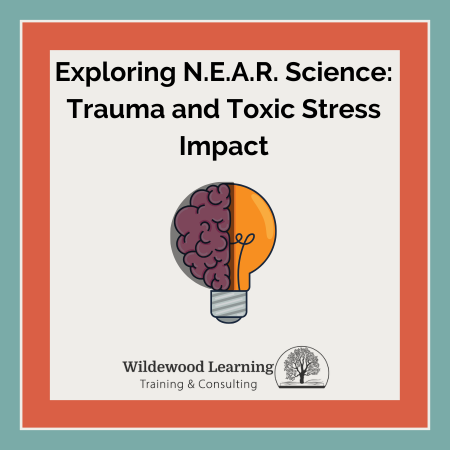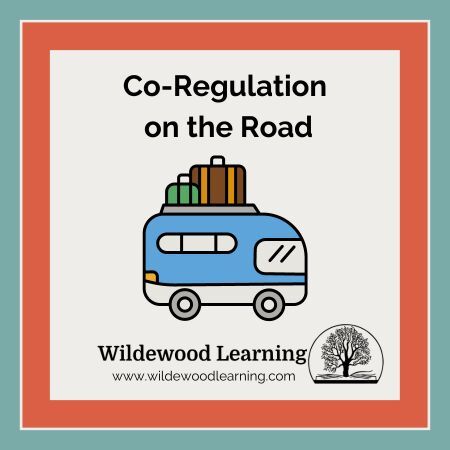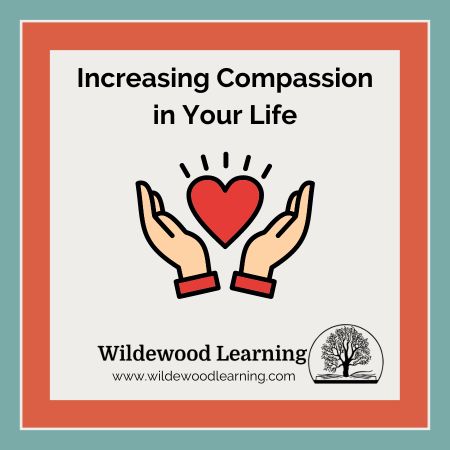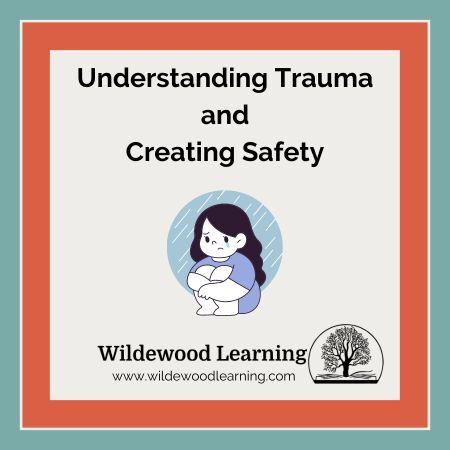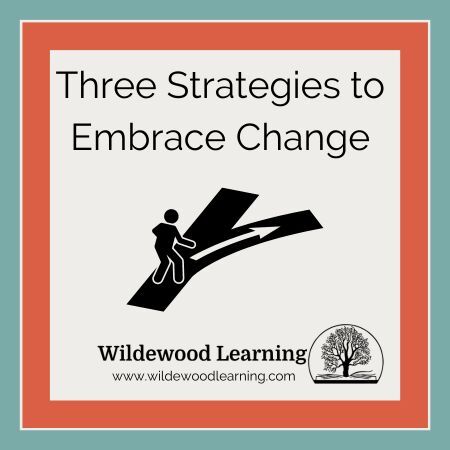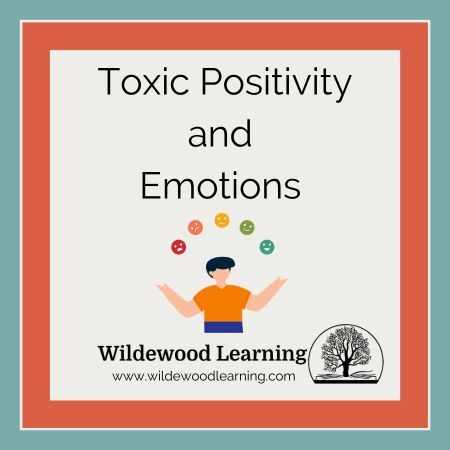The county fair is a big highlight of the summer each year. When my children were young, we would attend the fair every day. Being involved in 4-H, sports, and community activities led to much work at the various food stands and booths.
At the county fair, there were a variety of carnival rides. My children looked forward to going on all the different carnival rides, “The Bullet,” “Tilt-a-Whirl,” and “Rocket” were some that I can remember. I would walk through the crowded pathways with my children in tow, the loud music of the carnival rides blasting throughout the area. I stood back and watched which rides each of them chose. My son loved the fast rides that made his stomach go up and down. My other son would favor bumper cars and Ferris wheels. As I stood by “Rocket,” waiting for my son, I would watch other children come off, saying,” Never again” or “Let’s do it again!”
Trauma and its effects on the brain are similar to the response to a carnival ride. We all have traumatic or high-stress experiences in life. Some people come through trauma and stressful times with a response of resilience and growth. Others experience a challenging event and are stuck in the struggle, unable to move beyond it. It can be the same traumatic or high-stress event; however, they have very different reactions.
The human brain, with its complexity, is a fascinating subject to learn about. Understanding how we react to events, our world, and others is a journey of discovery. Past trauma and toxic stress can change how each of us responds to those experiences on our journey of discovery.
Researcher Gabor Mate’ explains that trauma is not the event; it’s what happens inside our body as a result of the event.
As an organization strives to become Trauma-Informed and Resilient, understanding toxic stress and trauma’s effects is a crucial first step. In my previous blog post, I introduced N.E.A.R. Science as a key support for creating a Trauma-Informed, Resilient Workplace. A deep understanding of the N.E.A.R. Science model, Neurobiology, Epigenetics, Adverse Childhood Experiences (ACEs), and Resilience provides a practical understanding of how trauma and toxic stress can impact you and your staff.
Let’s break down the N.E.A.R. Science model to see how to use this information in the workplace.
Neurobiology studies the brain and how stress can affect its structure. The brain is critical to understanding humans’ responses to stress and how that works in our bodies. Returning to the carnival ride, some people respond to stressors in life and can handle the stress with the support in place. They know that the world is overall safe. They have the protective factors to be resilient and can “do it again”! Other people will react to the stressors by seeing the world as scary and lonely; they don’t have the protective factors and agency to be resilient and falter in moving forward. They “never want to do that again!” Each reaction is the person’s experience, and both are valid.
Epigenetics studies how the environment and behaviors can affect how our genetic code is expressed. It helps us better understand people’s varied responses to traumatic and stressful events based on intergenerational trauma. There is ongoing research into epigenetics, and the Harvard Center on the Developing Child is an excellent resource with an infographic that explains epigenetics and how it relates to child development. Reasons for a person’s or a group’s responses to the carnival ride (or other events) may lie in a person’s epigenetics.
ACEs (Adverse Childhood Experiences) are children’s experiences from birth to age 18. These types of experiences can have long-term negative health implications for adults. The research study included ten specific traumatic events studied in the 1990s through Kaiser Permanente. The results showed that ACEs are common in the population; over 64% of adults said they had experienced at least one event, and nearly 1 in 6 reported four or more. There was a strong correlation between the number of ACEs and adverse health outcomes in the group with four or more ACEs. The Centers for Disease Control (CDC) has more information about ACEs and their implications on our population. These experiences cause toxic stress in a child, which can cause long-term negative impacts. In the example of the carnival ride, the child comes off the ride and is made fun of for their response to the experience, or there is no one there to comfort them. If this happens repeatedly, the stress builds up and can affect the stress response system in the body.
Resilience, the ability to bounce back from adversity, is nurtured through the protective factors established within our community or individually. Research has shown that these protective factors and Positive Childhood Experiences (PCEs) can mitigate the effects of ACEs. The support of friends and family, community members, and schools can have a positive long-term impact on the health of adults. In the example of the carnival ride, a child steps off and is scared, but another person is there who can comfort them. The child can feel safe about the experience, and the other person cheers them on to try more. This is an example of the protective factor of another person to mitigate the stress of the experience.
We often feel like we are on a carnival ride in our work and life. You or your staff members may react like one of my children to a stressful situation. When we have unresolved issues from childhood, those stressful experiences can bring on reactions that you or staff members may not fully understand the origin. The N.E.A.R. Science model helps your team to move from wondering, “What is wrong with that person?” to “What has happened to that person?” This shift can bring empathy and compassion to our interactions with team members.
The N.E.A.R. Science model provides a comprehensive view of the impact of trauma and ways to build resilience through individual practices and system-wide changes. When we grasp the principles of N.E.A.R. Science, we gain a deeper understanding of the individual and how they navigate life experiences. This understanding allows us to implement practices to help staff better understand and address their needs, leading to a more supportive and effective work environment.



